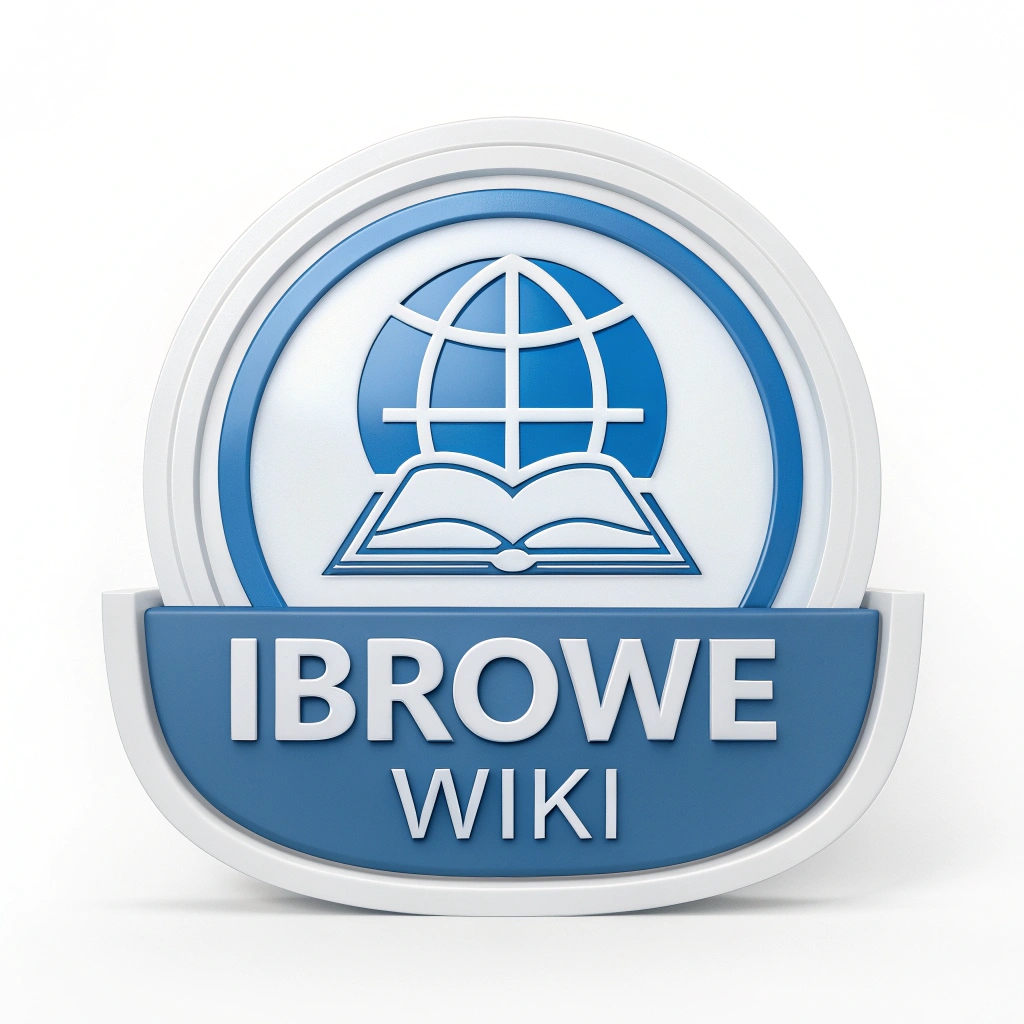🔐 Enhanced Permissions Privacy in iBrowe
One of the many key architectural improvements iBrowe introduces over standard Chromium-based browsers (like Chrome or Edge) is in how it handles the Permissions API, which websites use to request access to sensitive resources like your location, microphone, or camera.
🎯 Privacy Enhancements in iBrowe
iBrowe strengthens permissions in two core ways:
1️⃣ Site-Specific Permission Scoping
In most Chromium browsers, when you grant a site permission (e.g., geolocation for Google Maps), it applies globally. This means:
https://www.google.com/mapscan access your location,- And any site that embeds Google Maps (e.g., a third-party news page) can too.
In contrast, iBrowe partitions permissions per context:
You can define unique permission sets for:
- Direct access (
site.example) - Embedded use on
cats.com - Embedded use on
dogs.com
This ensures embedded third-party content can’t inherit sensitive permissions automatically.
2️⃣ Time-Limited Permissions
Traditional browsers give users two binary options:
- Allow access forever
- Or deny it completely
This often leads to over-permissioning, where sites retain long-term access users may forget about.
iBrowe improves on this by introducing permission durations:
- Grant for a single session
- Allow for one day
- Or fall back to permanent or deny
This empowers users to maintain tighter control over when and how permissions are applied.
⚙️ Summary
| Feature | Chromium Browsers | iBrowe Enhanced |
|---|---|---|
| Global permission scope | ✅ | ❌ |
| Partitioned per-site permissions | ❌ | ✅ |
| Only forever or deny | ✅ | ❌ |
| Time-limited permission options | ❌ | ✅ |
Based on Brave Browser’s original design:
https://brave.com/privacy-updates/
Source adapted from Brave’s documentation and modified for iBrowe

